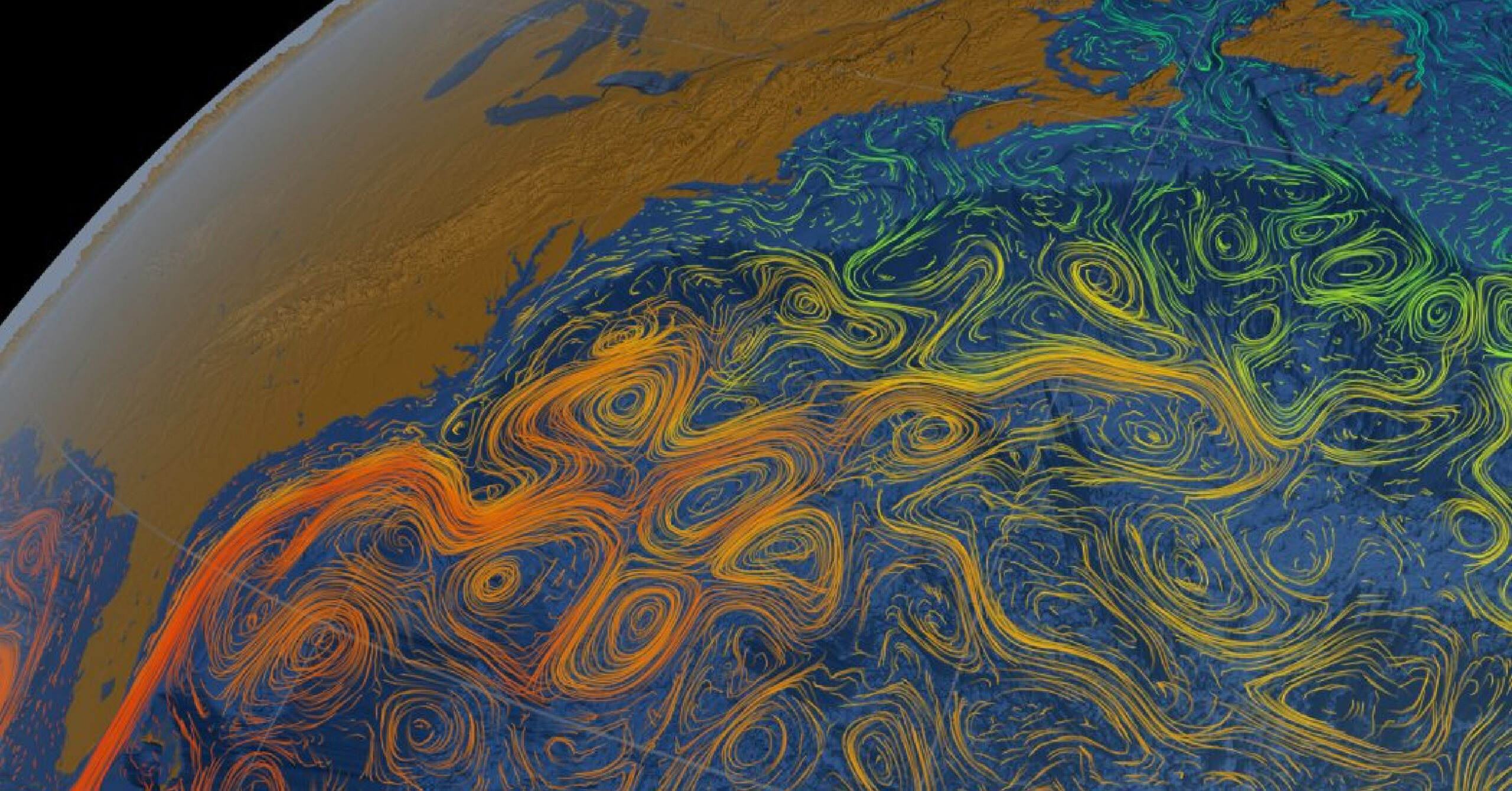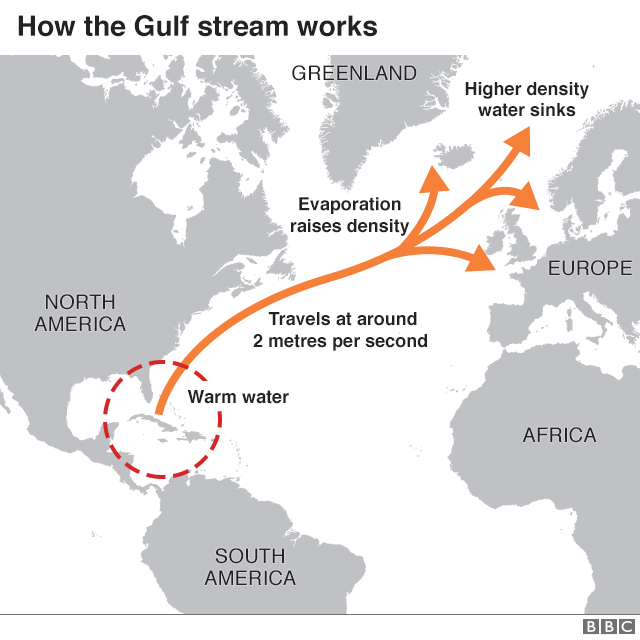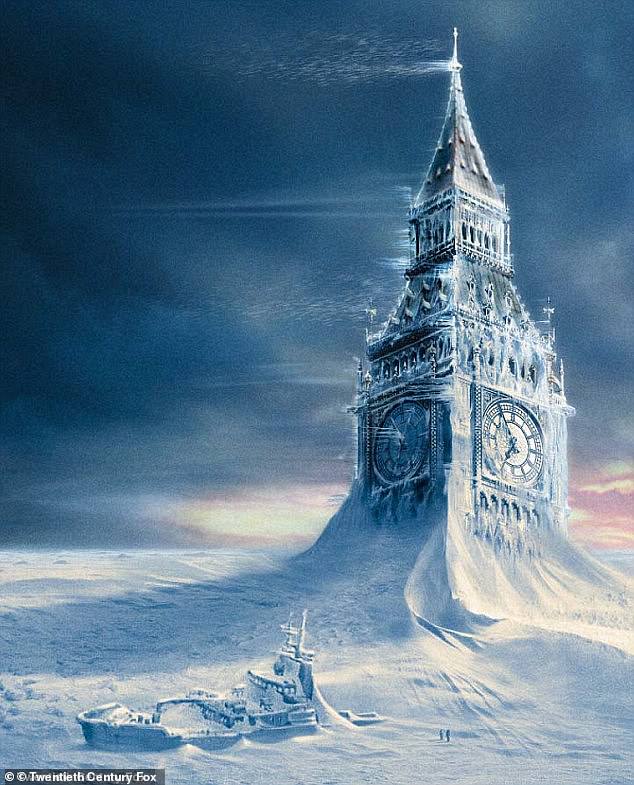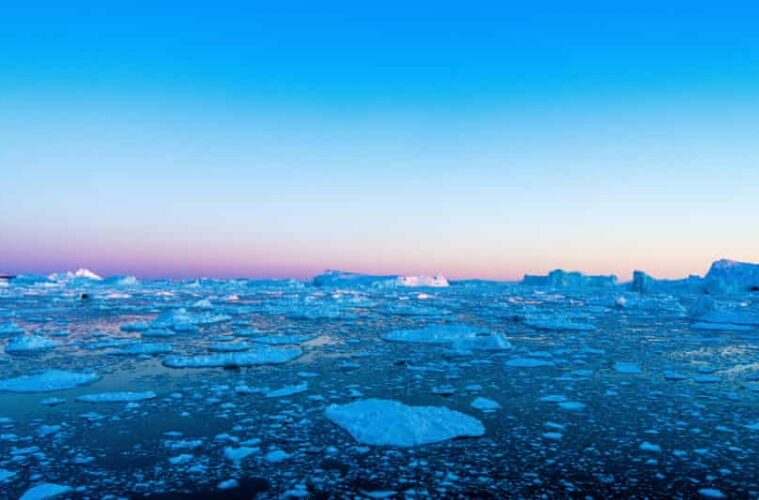Research suggests possible “weakening” of the Gulf Stream that could lead to “climate catastrophe” in Canada and abroad.

Photo Credit: Common Dreams
For many, the effects of climate change seemed so very far away. But, it is becoming increasingly harder to ignore. A study done by Global NEWS last week found that 24% of Canadians feel more urgency to fight climate change in the wake of the extreme heat and wildfires devastating the west.
According to a new study published by Nature Climate Change, Canada could be facing a great deal of “climate catastrophe”. The study suggests instability and coming shutdown of the Atlantic Meridional Overturning Circulation(AMOC).

Photo Credit: BBC
The AMOC consists of ocean currents apart of a larger system of currents known as the Gulf Stream. The Gulf Stream carries warm water from the Gulf of Mexico up to eastern North America and out into the Atlantic Ocean as the North Atlantic Current. The warm water current then reaches the likes of Western Europe and the islands of the Arctic Ocean via the North Atlantic Drift and Northwestern Africa via the Canary Current.
The AMOC currents have been thought to have been slowing and are at their slowest point in over 1,500 years. The collapse of the Gulf Stream would have a devastating effect on global weather systems and could lead to more extreme weather events in Canada and across the globe.
The study highlights evidence that suggests, in the course of a century, the AMOC may have destabilized “to a point close to a critical transition”.
Niklas Boers, a researcher at the Potsdam Institute for Climate Impact Research in Germany, is the author of the study. “The difference is crucial,” says Boers, “because the loss of dynamical stability would imply that the AMOC has approached its critical threshold, beyond which a substantial and in practice likely irreversible transition to the weak mode could occur.”
For Canada, the collapse would mean rising sea levels for Canada’s Atlantic coastal communities and a massive shift in weather patterns.
The global risks include food shortages due to the potential disruption to rain patterns that billions of people rely on to provide crops and food. Affects to monsoon season in places like India, South America and West Africa. And finally, the collapse could lead to the displacement of 50 million Europeans as the loss of the Gulf Stream critically decreases temperatures across Europe.

Photo Credit: Daily Mail
Kent Moore, professor of Chemical and Physical Sciences at the University of Toronto uses evidence from the last ice age, around 13,000 years ago to reflect on what we could see in the future with the Gulf Stream. During the ice age, ice sheets in North America melted and an influx of freshwater entered the ocean. Saltwater in the stream was then unable to sink and return to the equator causing the stream to weaken. This resulted in Europe freezing over for about 1,00 years due to the lack of warm water currents.
In order to mitigate the effects of an event of this magnitude CO2 levels need to be reduced. “Even if we maintain temperatures as they are today,” says Moore, “Greenland will still continue to melt because it’s just warm, and so to prevent Greenland from getting warmer, we need to reduce our use of CO2. That’s really the only way to make sure that this transition doesn’t happen and avert what would really be a calamitous climate catastrophe.”


